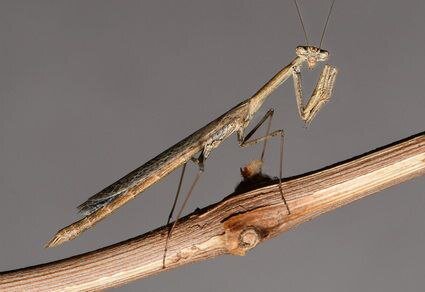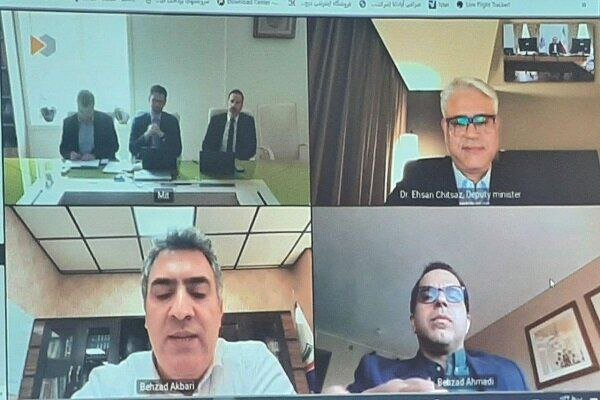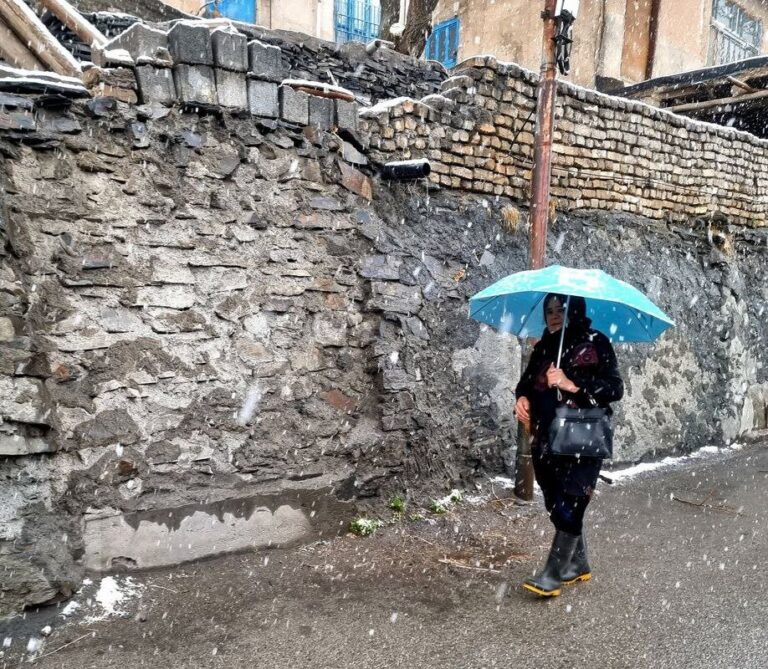Introducing the Ellen Award: A Tribute to the Visionary Behind Siberian Crane Conservation
In a heartfelt tribute to the devoted efforts of Finnish conservationist Ellen Vuosalo, Iranian environmentalists are advocating for the establishment of a special award honoring her remarkable contributions to the conservation of migratory birds, particularly the Siberian cranes, in the Caspian Sea province of Mazandaran. Known as the “mother of Siberian cranes,” Vuosalo’s unwavering commitment over more than fifty years has significantly impacted wildlife preservation in the region.
Vuosalo was a pioneering researcher who initiated the study of cranes in Iran. Her expertise and dedication earned her invitations to numerous scientific conferences, where she shared her invaluable experiences. Her contributions were recognized during her lifetime and continue to be celebrated posthumously, as reported by IRNA.
Vuosalo’s motivation for dedicating over five decades to the protection of Siberian cranes stemmed from her profound passion for wildlife rather than a desire for accolades. She consistently returned to the Fereydun-Kenar wetlands, which serve as the final migratory stop for the western population of Siberian cranes. Her efforts also included supporting the formation of the Mazandaran Crane Conservation Association, which plays a crucial role in ongoing conservation efforts.
Throughout her remarkable career, Vuosalo attended the Hariri Scientific Foundation in Babol several times each year. There, she taught students and interested individuals about migratory birds and the Siberian crane, fostering a new generation of environmental stewards.
In addition to her extensive research and scientific activities in various fields, including zoology, biotechnology, biochemistry, nanotechnology, and chemistry, Vuosalo collaborated with several universities across Iran, including the University of Mazandaran. Her academic pursuits were complemented by her commitment to community engagement.
One of her significant contributions involved educating and persuading hunters, ranchers, and local communities to cease hunting practices that threatened wildlife. Ellen’s work also emphasized the preservation of damgahs, traditional wetland-farming systems in Iran. These critical areas not only serve as habitats for migratory birds but also provide livelihoods for local communities. Vuosalo believed in sustainable management practices that could protect the cranes while supporting the needs of local populations.
“She taught us that conservation is as much about resilience and learning from failure as it is about success,” one of her colleagues noted. Vuosalo’s life’s work challenges future conservationists to adapt, innovate, and confront the deeper systemic issues jeopardizing biodiversity. In honoring Ellen’s memory, we also honor the lessons she left behind—a compelling call to persist, even when challenges seem overwhelming.
Ellen Vuosalo passed away at the age of 95 in Royan, Mazandaran province, shortly after the confirmation of the extinction of the species in Iran. Her legacy serves as a poignant reminder that while love and determination are vital components of conservation, they are not sufficient alone. The interplay of unpredictable and uncontrollable variables—from climate change to species-specific behaviors—demands the adoption of adaptive strategies and systemic approaches.
In light of her extraordinary contributions, Iranian environmentalists hope that establishing an award in her name will not only honor her memory but also inspire future generations to commit to wildlife conservation. By recognizing individuals who follow in Vuosalo’s footsteps, the conservation community can foster a culture of dedication and resilience, ensuring that her legacy continues to inspire action.
- Ellen Vuosalo: Known as the mother of Siberian cranes.
- Research Contributions: First researcher to study cranes in Iran.
- Community Engagement: Educated hunters and local communities on wildlife protection.
- Conservation Philosophy: Promoted sustainable management of wetland-farming systems.
- Legacy: Challenge for future conservationists to adapt and innovate.
As we reflect on Ellen Vuosalo’s life and contributions, let us strive to emulate her dedication to the protection of migratory birds and the ecosystems they inhabit. Her story serves as a vital reminder of the importance of perseverance in the face of adversity and the need for collaborative efforts to safeguard our planet’s biodiversity.






